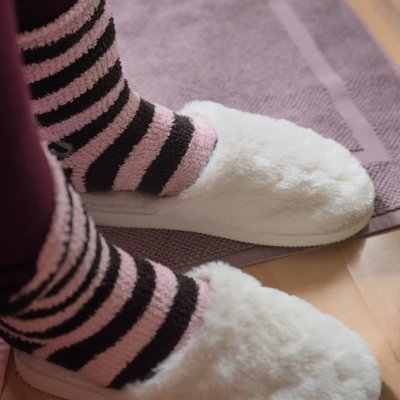twine(
twayn
)A noun is a word referring to a person, animal, place, thing, feeling, or idea (e.g., man, dog, house).
b. el bramante (M)
(m) means that a noun is masculine. Spanish nouns have a gender, which is either feminine (like la mujer or la luna) or masculine (like el hombre or el sol).
The cat played with a ball of twine.El gato jugaba con una bola de bramante.
c. el mecate (M) (Central America) (Mexico) (Venezuela)
(m) means that a noun is masculine. Spanish nouns have a gender, which is either feminine (like la mujer or la luna) or masculine (like el hombre or el sol).
Regionalism used in Central America: Guatemala, El Salvador, Honduras, Nicaragua, Costa Rica, and Panama
Regionalism used in Mexico
Regionalism used in Venezuela
Pablo used some twine to repair a hole in the fishing net.Pablo utilizó mecate para reparar un agujero en la red de pesca.
d. el cáñamo (M) (made of hemp) (Andes)
(m) means that a noun is masculine. Spanish nouns have a gender, which is either feminine (like la mujer or la luna) or masculine (like el hombre or el sol).
Fernanda hung some decorations in the dining room using twine.Fernanda colgó unos adornos en el comedor con cáñamo.
An intransitive verb is one that does not require a direct object (e.g., The man sneezed.).
2. (to twist)
A transitive verb is a verb that requires a direct object (e.g., I bought a book.).
a. entrelazar
Paula smiled and twined her fingers with Victor's.Paula sonrió y entrelazó sus dedos con los de Víctor.
4. (to wrap)
a. rodear
Mark twined his arms around Lisa and gave her a kiss.Mark rodeó a Lisa con los brazos y le dio un beso.
b. enroscar
They twined flower garlands around the tent poles for the festival.Enroscaron guirnaldas de flores alrededor de los postes de la carpa para el festival.
c. enrollar
Mary twines her hair around her fingers when she's studying.Mary se enrolla el pelo alrededor de los dedos cuando estudia.
Examples
Conjugations
Other Dictionaries
Explore the meaning of twine in our family of products.
Random Word
Roll the dice and learn a new word now!
Want to Learn Spanish?
Spanish learning for everyone. For free.























